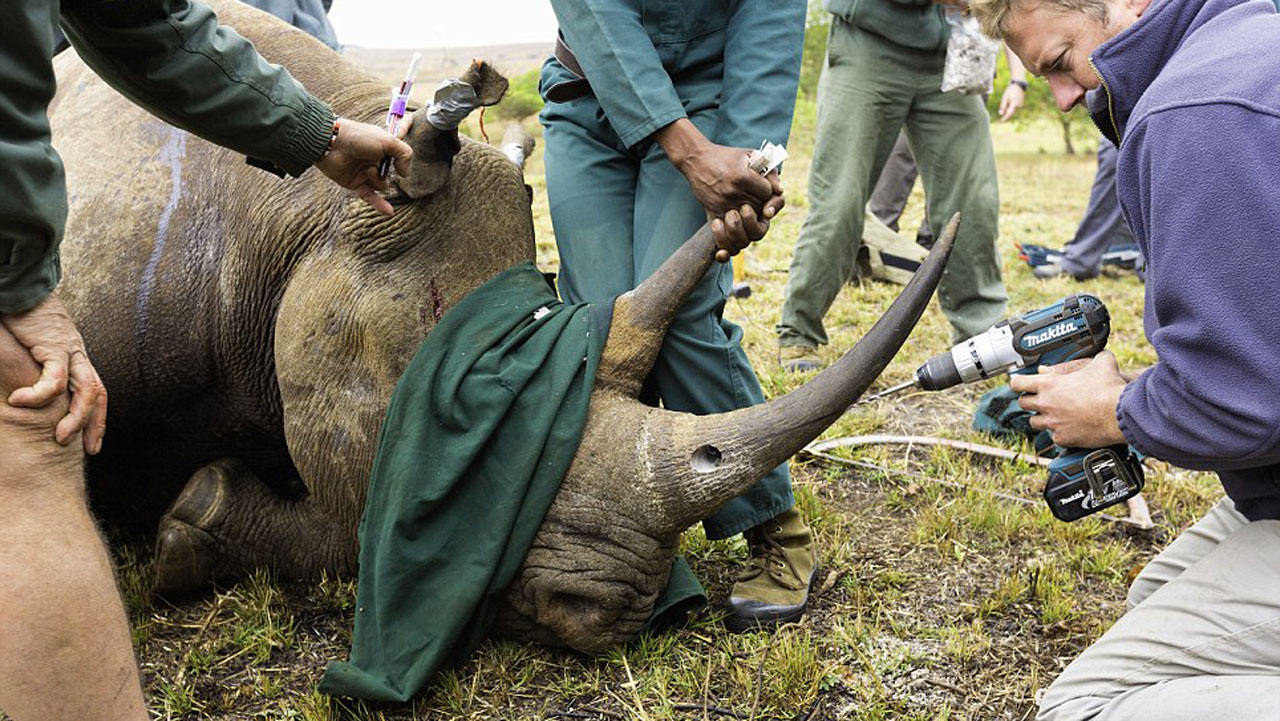 South Africa’s highest court Wednesday rejected a bid by the government to keep a ban on domestic trade in rhino horn, a court document showed.The ruling by the Constitutional Court effectively means rhino horns may be traded locally.
South Africa’s highest court Wednesday rejected a bid by the government to keep a ban on domestic trade in rhino horn, a court document showed.The ruling by the Constitutional Court effectively means rhino horns may be traded locally.
South Africa’s highest court Wednesday rejected a bid by the government to keep a ban on domestic trade in rhino horn.The department of environmental affairs had sought to retain a moratorium on domestic trade in rhino horns which was dismissed by last year by another court.
In a one paragraph ruling, the Constitutional Court ruled that the application by government be “dismissed”.
Environmental department spokesman Albie Modise said authorities were still considering the implications of the judgment.
“It is important to note that permits are required to sell or buy rhino horn,” he said in a statement.
The ruling will have little impact outside South Africa because a ban on international trade is still in force.
Breeders believe open trade is the only way to stop poachers slaughtering rhino.
“We are absolutely delighted at the ruling by the Constitutional Court,” Pelham Jones, chairman of the Private Rhino Owners Association, told AFP.
South Africa is home to around 20,000 rhinos, around 80 percent of the worldwide population, about a third of which is held by private breeders.
Rhino breeders want the booming Asian demand for rhino horn to be met by horns sawn off anaesthetised live animals, arguing that a legal source of horn could end poaching deaths.
The horns grow back, but most conservationists disagree with the proposed policy.
Rhino horn is composed mainly of keratin, the same component as in human nails.
It is sold in powdered form as a supposed cure for cancer and other diseases — as well as an aphrodisiac — in Vietnam and China.
At least 1,054 rhino were killed by poachers in South Africa in 2016, a slight decrease from previous year.



